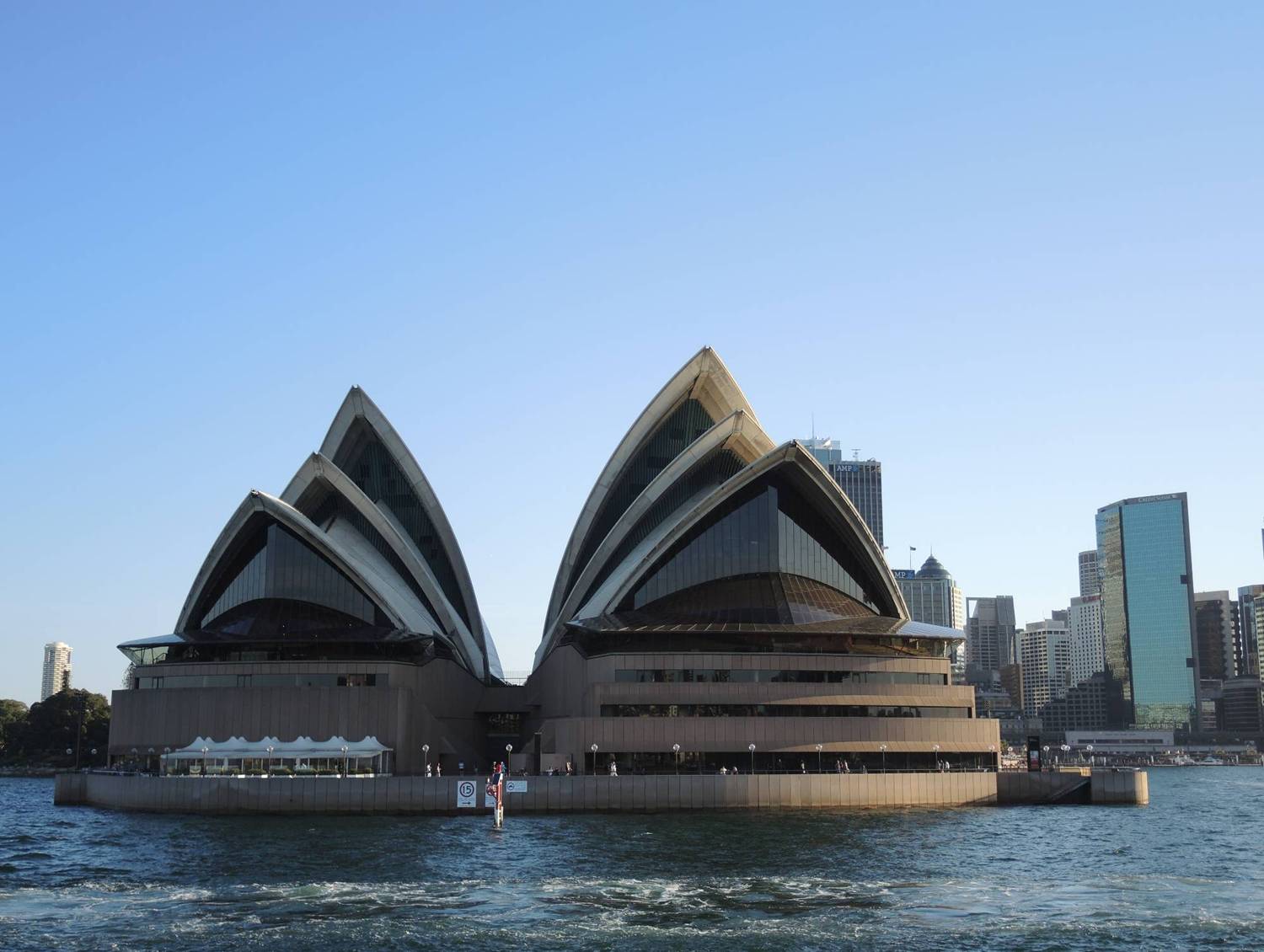In conjunction with the Walk21 conference series, a number of pre-conference workshops have taken place since. The goal was and is to foster discussion among interested persons from a variety of professional and geographical backgrounds, to exchange good practice and to find common ground for harmonising and standardising performance indicators and measuring methods. The workshops are briefly introduced below and links to more detailed information with the presentations are provided.
Dublin 2022
Measuring Walking: New smart tools and what can be done with good walking data: This year we will talk about which new smart tools can help us generate more and better walking data and what can be done with that data in practice. More
Seoul 2021 (online)
Measuring Walking: the invisible asset and how to make it more visible?: In this 80 minute online session we explored how existing international data sets could be viewed through a walking lens to illustrate the variation in walking experiences internationally. More
Rotterdam 2019
How to collect data with few resources?: At the tenth workshop we discussed the proposed Urban Mobility Indicators by Walk21 and UITP to create a global list of walking and public transport indicators. More
Bogotá 2018
Walkability and the amount of walking: The ninth workshop was dedicated to the question how improved walkability affects the amount of walking? What are the influencing factors and how can data help us understand these issues? More
Calgary 2017
Big Data also for walking? The eigth workshop was dedicated to the question how to better understand travel and pedestrian behaviour with new technologies. On top the City of Calgary presented its travel survey which collects data along the Internatiional Walking Data Standard. More
Vienna 2015
International Walking Data Standard and its benefit: The seventh workshop was fully dedicated to launching the new Data Standard and talking about how it could be implemented widely. The advantages of having comparable data were shown with examples from Vienna. More
Sydney 2014
How data changes perceptions & outcomes: The sixth workshop had a special focus on the Australian and New Zealand context and on travel survey standards. Goal was to learn from each other in terms of transport data for health, manual counting and walkability assessments. More
Munich 2013
Indicator sets: The fifth workshop focused on defining indicator sets and the methods that relate to them. Objective was to establish the outline of an International Walking Data Standard. More
The Hague 2010
Data collection methods: At the fourth workshop, coinciding with the final COST 358 (PQN) conference, we discussed adequate methods for assessing pedestrian flows, sojourning & trip data. We collected ideas about how things should be measured. More
New York City 2009
Performance indicators: The third workshop focused on collecting and selecting relevant indicators for walking and public space, trying to reach a common understanding about what should be measured. More
Barcelona 2008
Counting pedestrians: The second workshop brought together users and producers of automatic counting equipment to exchange experiences and build momentum in a crucial area. More
Toronto 2007
Relevant dimensions: The first workshop focused on what and how walking could and should be measured. A principal agreement on a list of dimensions was reached. More












